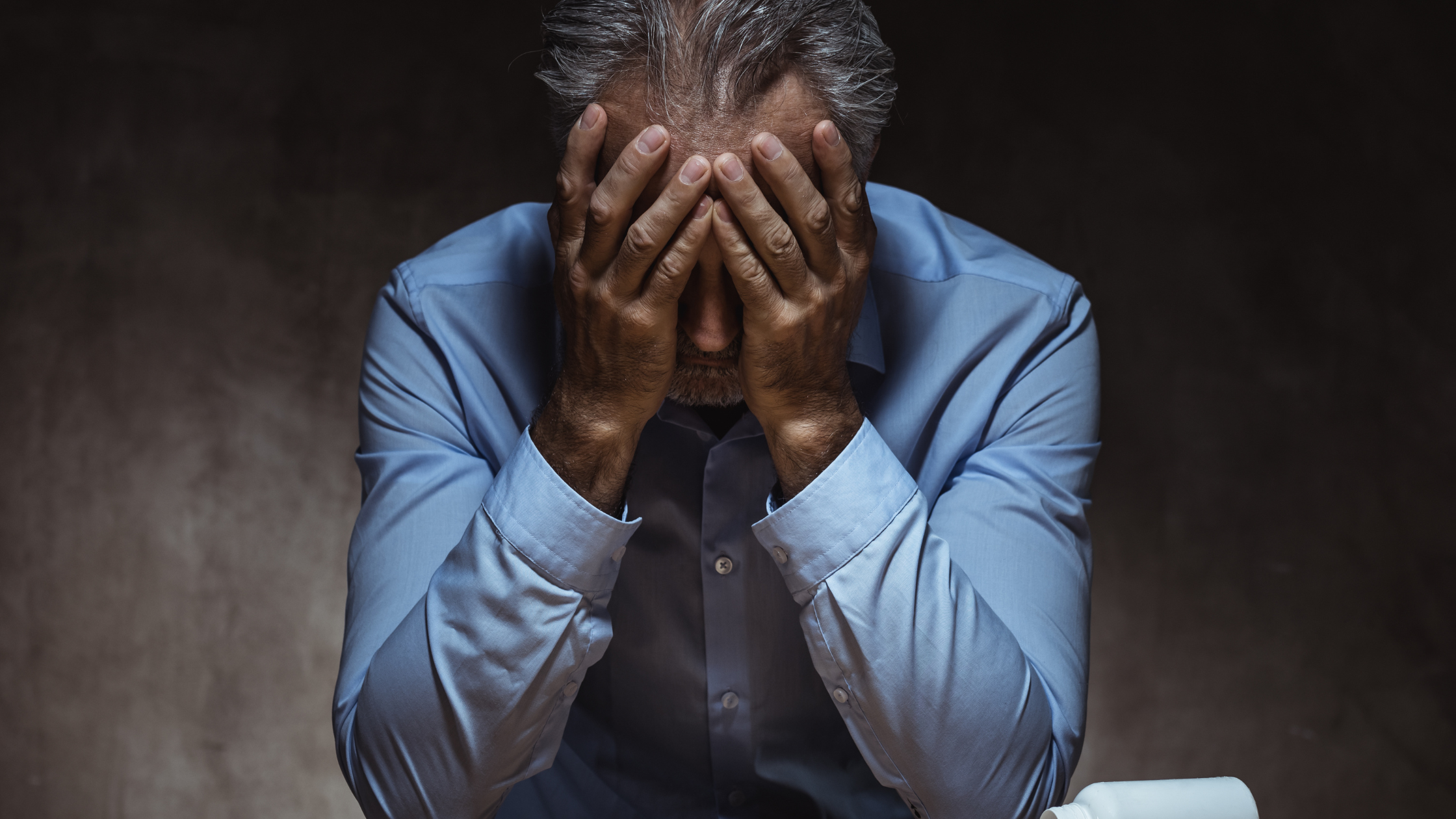 Insomnia induced by the consumption of alcohol, drugs, and other medications is called substance or medication-induced disorder. This means that the effects of using any of those substances is the cause of any sleep issues you may be experiencing, including sleep deprivation, excessive sleepiness, and unusual behaviors during sleep.
Insomnia induced by the consumption of alcohol, drugs, and other medications is called substance or medication-induced disorder. This means that the effects of using any of those substances is the cause of any sleep issues you may be experiencing, including sleep deprivation, excessive sleepiness, and unusual behaviors during sleep.
Substances or medication-induced sleep disorder differs from primary insomnia or exhaustion because it affects individuals right after they have taken a drug. Staying up late, participation in activities induced by drug or alcohol use can all interfere with sleep significantly, and the effects last much longer. Continue reading to learn more about how substances can lead to a sleep disorder.
Which drugs and alcohol cause substance/medication-induced sleep disorder?
There are a wide variety of psychoactive drugs that can contribute to substance/medication induced-sleep disorder.
- Alcohol
- Caffeine
- Cannabis
- Opioids
- Sedatives
- Hypnotics
- Anxiolytics
- Amphetamines
- Cocaine
- Tobacco
- Other substances or stimulants
Medications known to cause substance/medication-induced sleep disorders include:
- Adrenergic agonist or antagonists
- Dopamine agonist or antagonists
- Cholinergic agonist or antagonists
- Serotonergic agonist or antagonists
- Antihistamines
- Corticosteroids
Chronic cycle of use and sleep problems
Some drugs, such as alcohol and cannabis may have a relaxing effect, and in the beginning, can assist with sleep. On the flip side, caffeine or other stimulant drugs can help individuals stay awake for long periods of time when they have to be alert, but would otherwise be asleep.
For those who drink alcohol regularly, or take recreational drugs or medications, a chronic cycle can develop where individuals use the substance to help induce or combat sleep, but then then that drug interferes with their normal process of sleep, so their sleep is fragmented well outside the window of when they took the substance. This may lead to higher doses and concentrations of of the medication, which will further exacerbate the issue.
Whatever sleep you may be getting is not restorative, and leads to several awakenings throughout the night. This is typically followed by sleepiness, fatigue, exhaustion, and feelings of irritation or anxiety due to sleep deprivation.
Types of Substance/Medication-Induced Sleep Disorder
There are four main types of substance-induced sleep disorders. Insomnia type causes difficulty falling asleep or staying awake, many nighttime awakenings, and a lack of restoration after a night of sleep.
Daytime sleepiness is the second type which causes individuals to feel excessively tired during the day. It can also cause individuals to sleep for longer periods throughout the day.
Parasomnia sleep disorder is the experience of an abnormal behavior during sleep, especially at a time in the night when all others are asleep or quiet. This can include talking, walking, cooking, driving, and other potentially dangerous behaviors.
Mixed time has several different sleep symptoms, but none of them predominate. There may have periods of insomnia at night with daytime sleepiness throughout the day, for example.
Length of time after drug consumption of sleep disorder induction
After some drugs, a sleep disorder can be induced almost immediately after taking a drug or medication. According to guidelines for physicians and other healthcare professionals who study sleep disorder, there is a category "with onset during intoxication" which means that the sleep disturbances happens while the individual is under the influence.
It can also happen during withdrawal. This can be very common where sleep problems are a withdrawal symptom. Withdrawal symptoms take a while to resolve themselves, so it may take days to determine if the sleep disorder is related to withdrawal or not. Some problems can start during withdrawal, and continue to get worse throughout the detox process. Sometimes, sleep problems are a part of a longer-term withdrawal symptom disorder called post-acute withdrawal syndrome (PAWS).
Sleep problems prior to substance use
Physicians make sure there are not prior sleep disorders before diagnosing substance/medication-induced sleep disorder. This is because there are various types of sleep issues, and if they were present prior to the drug or medication, then the drug or medication wasn't the cause.
The diagnosis of substance/medication-disorder is not given to individuals who have a history of sleep-related disorders without substance abuse, or if the symptoms continue for more than a month after abstinence from substances. This doesn't mean that their sleep problems are not real or serious, just that they may not have been induced by a substance. They still require treatment, but the disorder becomes the primary focus of treatment rather than drug/substance use.
In order for substance/medication-induced sleep disorder to be diagnosed, sleep disorders must severely impact one's life. This can mean their social, employment situation, or any other important aspect of their life is severely impacted because of their sleep disorders.
Diagnosis
Diagnosis of substance/medication-induced sleep disorder can actually be difficult because the drugs and alcohol may present with so many other symptoms that must first be addressed. That means sleep is put on the back burner, and it takes a detailed physician and a very honest and realistic patient for the diagnosis to truly be reached in an expedient time.
If you or someone you know may be experiencing substance/medication-induced sleep disorder, then please click the orange button below to take a free online sleep test and talk with one of our sleep health professionals. 
https://www.verywellmind.com/substance-medication-induced-sleep-disorder-4152072
